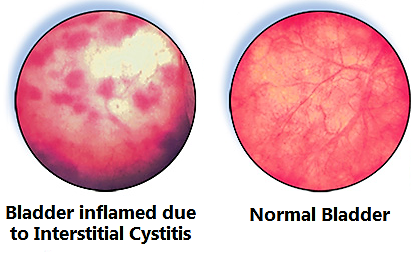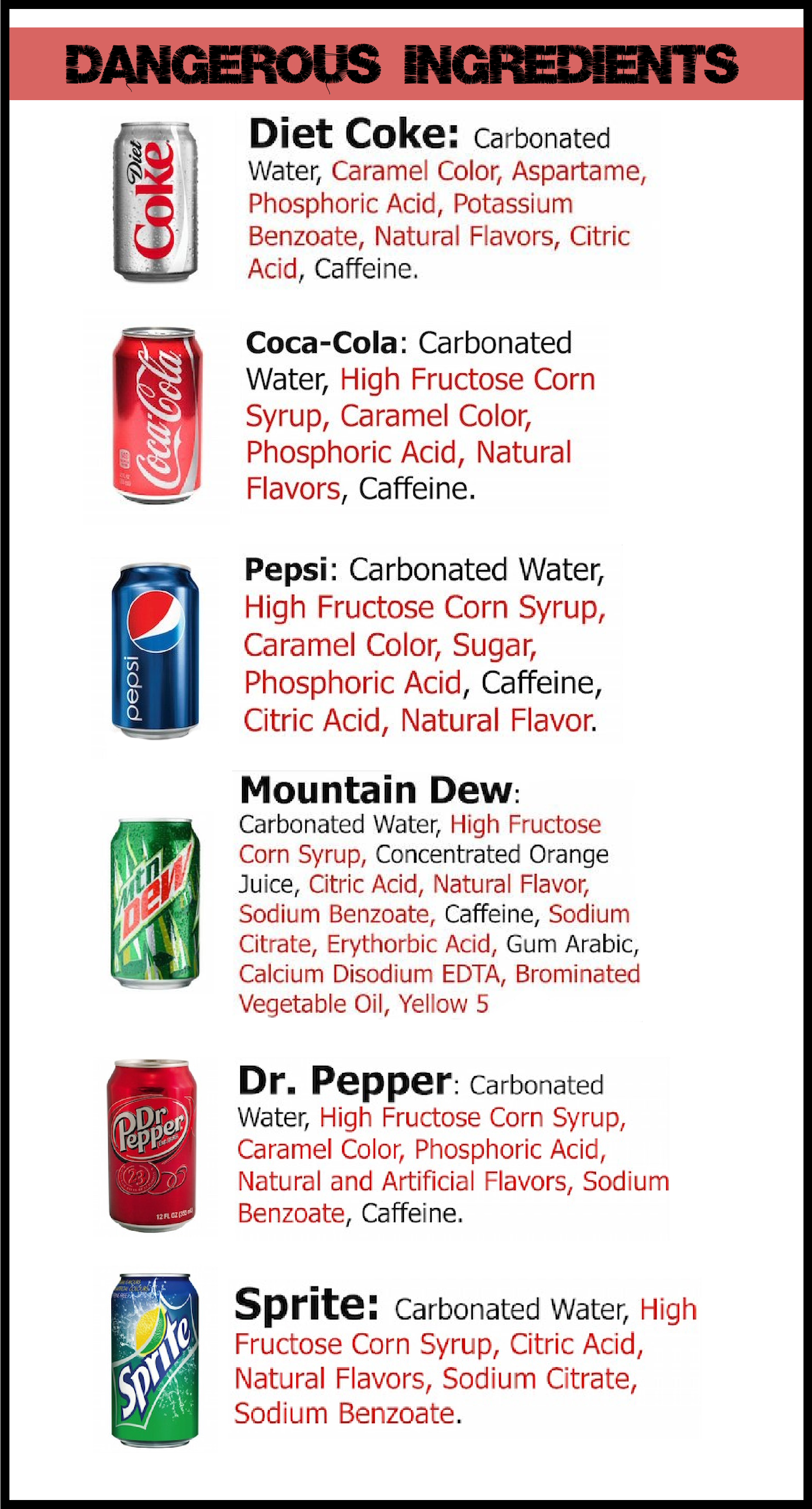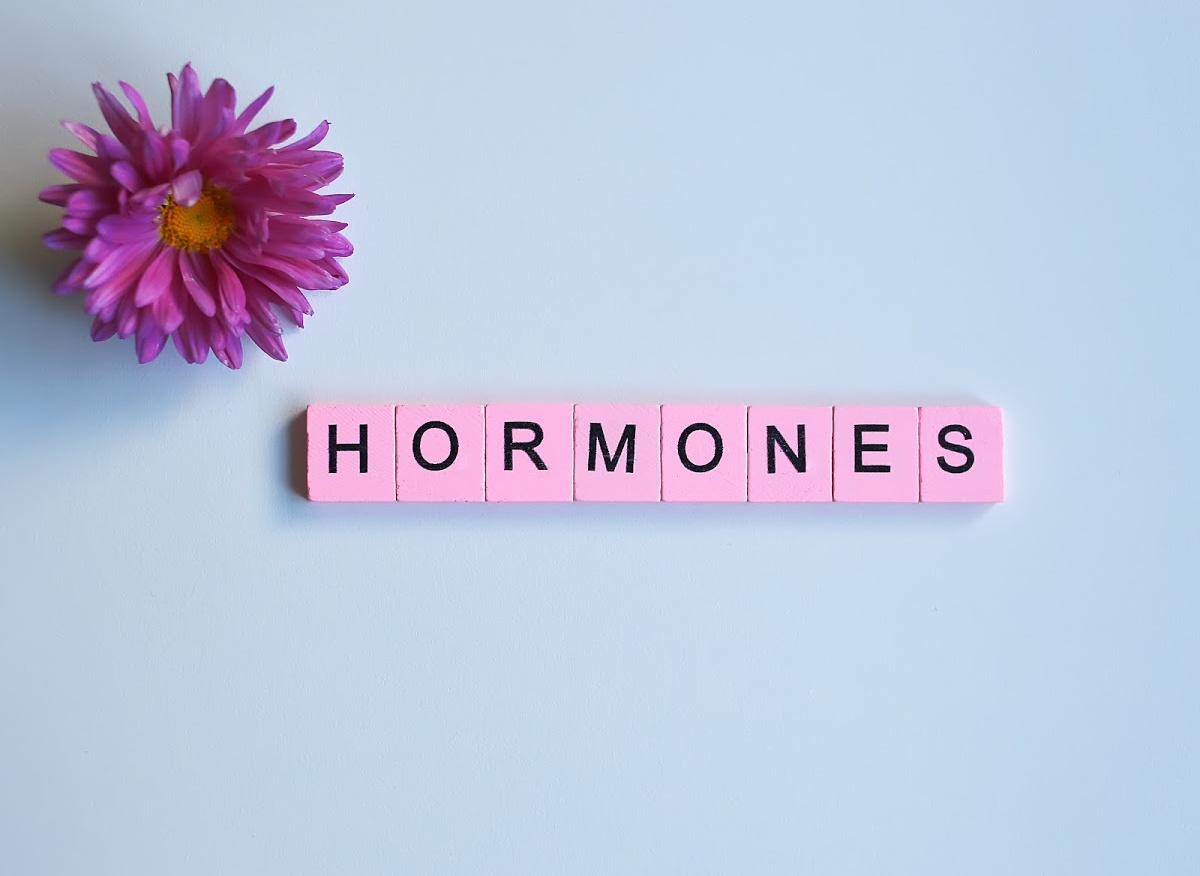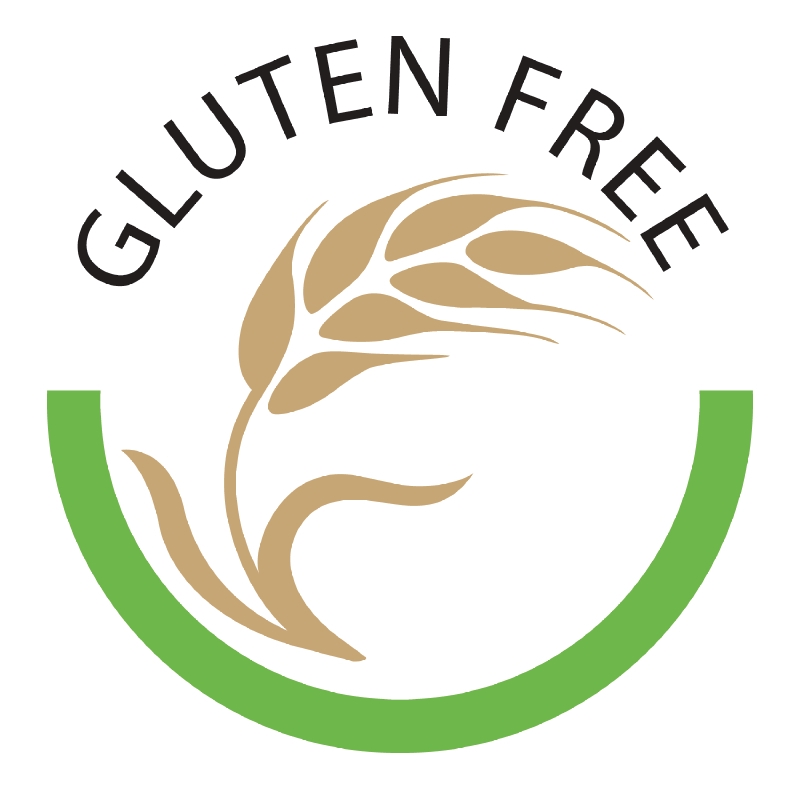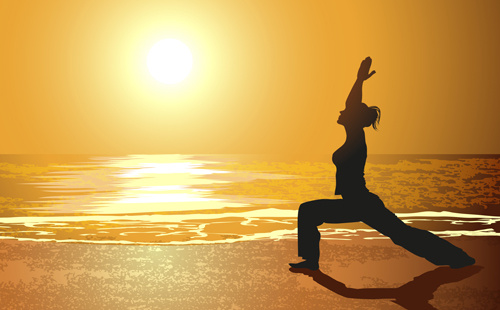UNDERSTANDING INTERSTITIAL CYSTITIS (IC)
SYMPTOMS AND TREATMENT
Interstitial Cystitis (IC), or Painful Bladder Disease, is a bothersome condition that is not easy to remedy. It can affect both men and women, but it is much more prevalent in women. It is characterized by chronic pelvic/bladder pain or pressure, a constant, urgent need to urinate, as well as painful sexual intercourse. Symptoms of IC can be mistaken for urinary tract infections, but unlike urinary tract or bladder infections, when tested there is no sign of bacteria or infection in IC patients. A diagnosis can come from tests like a urine test, pelvic exam, or biopsy.
Symptoms
The bladder is a muscular organ that holds urine. As it fills, it expands, signaling the brain through the pelvic nerves that it is time to urinate. For someone suffering with IC, this process can be quite painful and frustrating as the pressure becomes too much with very small volumes of urine being released at a time. Some experience very dark urine with the presence of blood. Some experience periods of relief at times, but for others, the symptoms stay consistently and come in “flares.” 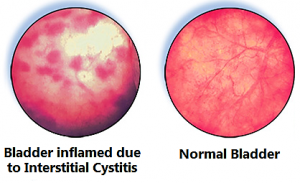
- Bladder Wall Flares: usually characterized by a feeling of sharp pains associated with being cut by a razor. These types of flares are generally the result of an acidic food or drink that may have triggered the pain.
- Pelvic Floor Flares: characterized by a burning feeling, or something “falling out” of the vaginal area/urethra. Pain is associated with sexual intercourse, sitting for long periods, or activity such as riding a bike.
- Muscle Flares: characterized by feelings of spasms, aches, or a tight feeling in the bladder.
Causes
The exact cause of IC is unknown; however, one underlying issue may be linked to a lingering case of E. coli bacteria in the urinary tract or bladder. Standard UTI tests usually miss this infection, which is why many patients still complain of bladder infection symptoms with negative test results. This is not the kind of E. coli bacteria that end up on your dinner plate from contaminated food. These strains of E. coli bacteria are found in the normal gut flora in the intestinal tract, and do not belong in the urinary tract or bladder. Once in, the E. coli bacteria take hold of the bladder wall with sticky, “finger-like” projections filled with an amino acid-sugar complex, known as glycoprotein or lectin. Once attached, the bacteria are difficult to flush out of the urine. A natural supplement known to combat the bacteria is D-Mannose: A natural sugar that can be found in cranberries, berries, peaches, apples, and some plants. D-Mannose comes in powder or capsule form. It is a simple sugar, but most of it is not metabolized in the body because almost all of it spills into the urine. It then coats the E. coli, preventing the bacteria from being able to stick to the bladder walls. The bacteria are then flushed away through urination.
Another underlying factor that may contribute to the development of IC is linked to a leak in the epithelium, or the protective lining of the bladder. This might cause toxins in the urine to aggravate the bladder. Other factors include age: many people are diagnosed in their 30’s or older; gender: women are most prone to IC; skin and hair color: many who suffer from IC are pale skinned and have red hair; and having a chronic pain disorder already, such as fibromyalgia or irritable bowel syndrome.
Emotions
Many who suffer from emotional issues like depression, stress, and anger are susceptible to IC. This makes sense when considering the bladder is where we eliminate waste from our bodies. For instance, the adrenals are above the kidneys and where we release adrenaline. Fear triggers the adrenal glands to start releasing stress hormones. It would make sense that the bladder is used to release unwanted emotions like anger, stress, irritation, frustration, or depression. In Chinese medicine, bladder infections have been linked to the inability to let go of these negative emotions. Unexpressed grief, emotional insecurity, or unhealthy relationships are just a few of the many things we tend to hold. When we hold onto such negativities for so long, the body, especially the bladder, can become toxic and aggravated. Therefore, anyone experiencing IC flares should look to reduce their stress with activities like yoga or daily meditation.
Remedies/Prevention
Unfortunately, antibiotics do very little to remedy the pain. There are natural remedies that someone with IC can do to treat their symptoms and flares. Because no two bodies are the same, it may take several combinations and treatments to find relief and maintain a healthy urinary tract.

- Essential Oils: Some essential oils are known to promote rest and relaxation, and carry anti-inflammatory properties that are helpful in relieving IC symptoms. Lavender, clary sage, peppermint, sandalwood, and thyme are among the recommended oils. Rubbing the oils into the skin just above the bladder area is reported as being the most effective because the oils easily absorb into the skin. The oils are also useful when inhaled from the bottle or diffused, or when mixing a few drops in the tub for a nice sitz bath.
- Maintain Healthy Flora: Human beings need proper balance of flora for GI function, as well as the urinary system. You can help this by adding fermented foods to your diet and by taking a daily probiotic.
- Vitamin C: Foods high in vitamin C have been shown to help promote a healthy urinary tract. You don’t have to stick to oranges to get vitamin C, either. Strawberries, pineapple, mango, Brussels sprouts, kiwifruit, bell peppers, and broccoli are all great sources of vitamin C.
- D-Mannose: A natural sugar that can be found in cranberries, berries, peaches, apples, and some plants helps battle E. coli infection in the bladder. D-Mannose comes in powder or capsule form. It is a simple sugar, but most of it is not metabolized in the body because almost all of it spills into the urine. It then coats the E. coli, preventing the bacteria from being able to stick to the bladder walls. The bacteria are then flushed away through urination.

- Heat/Cold Therapy: A combination of heat and cold therapy is the most common remedy for a flare. A hot water bottle or heating pad over the abdomen during flares, especially muscle flares or spasms, can soothe the bladder wall.
- Diet: Foods that can irritate the bladder are coffee, alcohol, lemons, tomatoes, chocolate, soda, and acidic juices. Those with IC should stick to anti-inflammatory diets like gluten free or sugar free, and very little processed foods.
- Water Intake: Many who suffer with IC do not want to increase their water intake, which is understandable when considering the pain associated with a full bladder. It is important to drink 6-8 glasses of water per day to stay hydrated, but taking too much can make some with IC have the urge to urinate too frequently. Some suggest sipping water throughout the day, and others have even reported that alkaline water has helped in making sure their urine is less acidic/irritating to the bladder.
- Regulating Hormones: Controlling hormones can help ease flares associated with IC. It has been reported that pregnancy will relieve the pain of IC until the third trimester. When hormones are out of whack after birth, women have reported having a big flare. Essential oils are sometimes used to regulate hormones and relieve pain, as well as natural progesterone creams like Menogest Progesterone.
- Aloe Vera Pills: Freeze-dried Aloe Vera pills have been shown to reduce burning and pain, as well as frequent urination. Known for its soothing and anti-inflammatory properties, the aloe plant works to replenish the destroyed layer of the bladder lining.
- Relax: Epsom salt baths have been known to aid in relaxing the pelvic muscles.
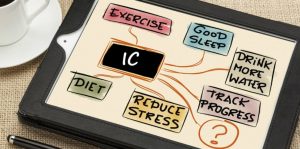
Final Thoughts
Interstitial Cystitis is not as easy to remedy as the common cold. It is a complicated disorder. It’s painful, frustrating, and can be downright debilitating. Tests can be inconclusive, providing very little answers; however, you don’t have to suffer and you are not imagining your symptoms. There are natural remedies that will help you combat those bothersome flares. More importantly, there are preventative steps to lead you into a solution!
Using a Functional Medicine approach we can help you with a customized nutrition and healing program at Forum Health Clarkston. Call us today to see how we can get you the help you are looking for! 248-625-5143
Adrian Schirr
Forum Health Clarkston
7300 Dixie Hwy, Suite 500, Clarkston, MI 48346
248-625-5143
References:

